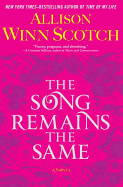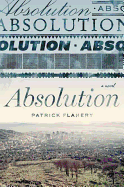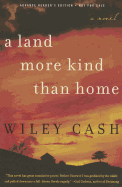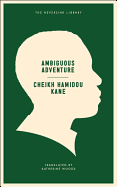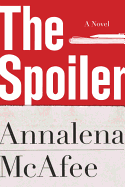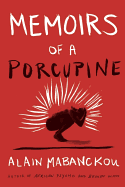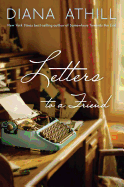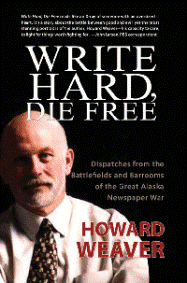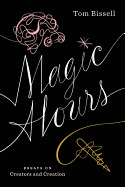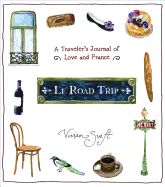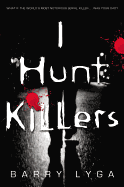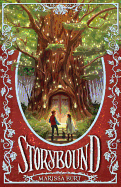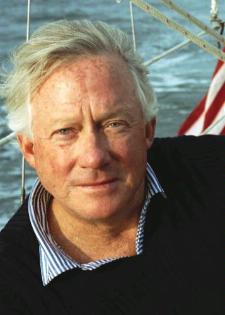 In his latest Alex Hawke adventure, Phantom (Morrow), Ted Bell takes on some brain-bending concepts: cyber warfare, artificial intelligence and "the singularity," a technological-evolutionary jump. This is not simply a narrative exercise. He told Shelf Awareness, "There's a line in the afterword: 'The only difference between science and science fiction is timing.' And that's one of the key thoughts in the book." In a recent phone conversation, he discussed how he chooses what to write about--and how he differs from other thriller writers (other than being a former chairman of the board and worldwide creative director of the ad agency Young & Rubicam, and, currently, a visiting scholar at Cambridge).
In his latest Alex Hawke adventure, Phantom (Morrow), Ted Bell takes on some brain-bending concepts: cyber warfare, artificial intelligence and "the singularity," a technological-evolutionary jump. This is not simply a narrative exercise. He told Shelf Awareness, "There's a line in the afterword: 'The only difference between science and science fiction is timing.' And that's one of the key thoughts in the book." In a recent phone conversation, he discussed how he chooses what to write about--and how he differs from other thriller writers (other than being a former chairman of the board and worldwide creative director of the ad agency Young & Rubicam, and, currently, a visiting scholar at Cambridge).
Why this particular constellation of topics: the singularity, artificial intelligence and cyberwar?
With these books, I try to get out in front of things before they happen. I look for things I see coming down the road that are going to be good or bad or both or problematic. I think AI [artificial intelligence] is coming and not a lot of people are really aware of how it's going to be transformational.
The other thing, cyber warfare, is related to artificial intelligence, and it's definitely happening as we speak. Maybe one day it'll just be machines fighting machines. We've already got airplanes with no pilots. We've got tanks with no drivers. Putting [cyberwar and artificial intelligence] together, I thought, was a good combination for an Alex Hawke novel because it's not about now. It's about a little while from now.
When I wrote Tsar, which is about Russia under Putin, nobody was talking about Russia. Everybody was talking about Iraq or Afghanistan. I wanted to write a book about Russia under Putin, because I find it interesting and I think Russia in this century will become another threat to us. One of the plotlines was that Russia was going to start taking back all of its old Soviet client states. Then I was on Fox News, talking about Tsar, when the news came over the wire that Russia had invaded Georgia. The host asked me, did you send an advance copy of this book to the Kremlin?
That has come true with a lot of my books. In Spy, I had the drug cartels digging huge tunnels under the border in Texas and New Mexico, and I just made it up. Then, like a year later, there's this TV show about tunnels under the border.
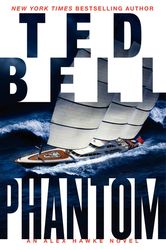 How do you go about researching your topics?
How do you go about researching your topics?
Well, the first thing I read was The Singularity by Ray Kurzweil. Then I started reading other things by Ray, and there's a documentary called Transcendental Man. I Googled AI and found everything I could, and either bought the book or read the magazine article or watched the documentary. I got sufficiently immersed to feel I understood it and the implications, to feel comfortable enough to write the book. I usually spend about three months researching before I start writing. I'll go to Russia or Cuba or the border or whatever.
The good news is that being here at Cambridge as a scholar, I'm exposed to amazing information and intel coming over the wire every day. For instance, tomorrow the former chairman of the KGB is coming to Cambridge and he's going to talk to our little group. My new book is going to involve Russia, so it's just perfect for me to meet this guy.
How has your time as a visiting scholar at Cambridge influenced your work?
I'm a visiting scholar at POLIS, which is the political science and international relations department of Cambridge University. I'm constantly attending lectures and briefings and going into London to spend a day at the Royal College of Defense, the Naval War College, Chatham House, which is where the most influential figures in the U.K. government meet.
I'm getting access to information and intelligence that no other thriller writer has access to. We were in a briefing on Gaddafi within 24 hours of his death. There's a knock on the door about halfway through the presentation, and this guy comes in with what looks like a huge pizza box. The guy who was presenting (who was a former MI6 guy) opens the box and it's filled with solid gold platters as big as a large pizza, with images of Libya embedded with emeralds. And we're passing them around the table! They're from one of Gaddalfi's palaces, and he hasn't even been dead for 24 hours, and we've got these things in our hands. That wouldn't happen if I was just sitting at my typewriter wherever. --Kelly Faircloth, freelance writer
Ted Bell: Foreseeing the Future



 In his latest Alex Hawke adventure,
In his latest Alex Hawke adventure,  How do you go about researching your topics?
How do you go about researching your topics? 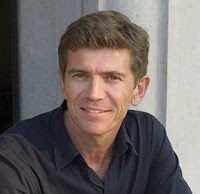 Two years ago, I was asked by Denise Roy at Plume to write a series of novels under the pseudonym Rain Mitchell. The series was to revolve around five women who meet at a yoga studio in Los Angeles. There would be pregnancies, bad boyfriends and lots of sun salutations.
Two years ago, I was asked by Denise Roy at Plume to write a series of novels under the pseudonym Rain Mitchell. The series was to revolve around five women who meet at a yoga studio in Los Angeles. There would be pregnancies, bad boyfriends and lots of sun salutations.